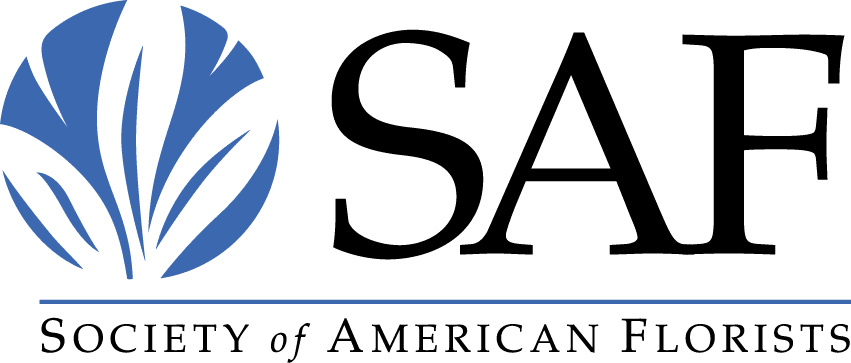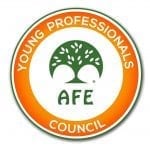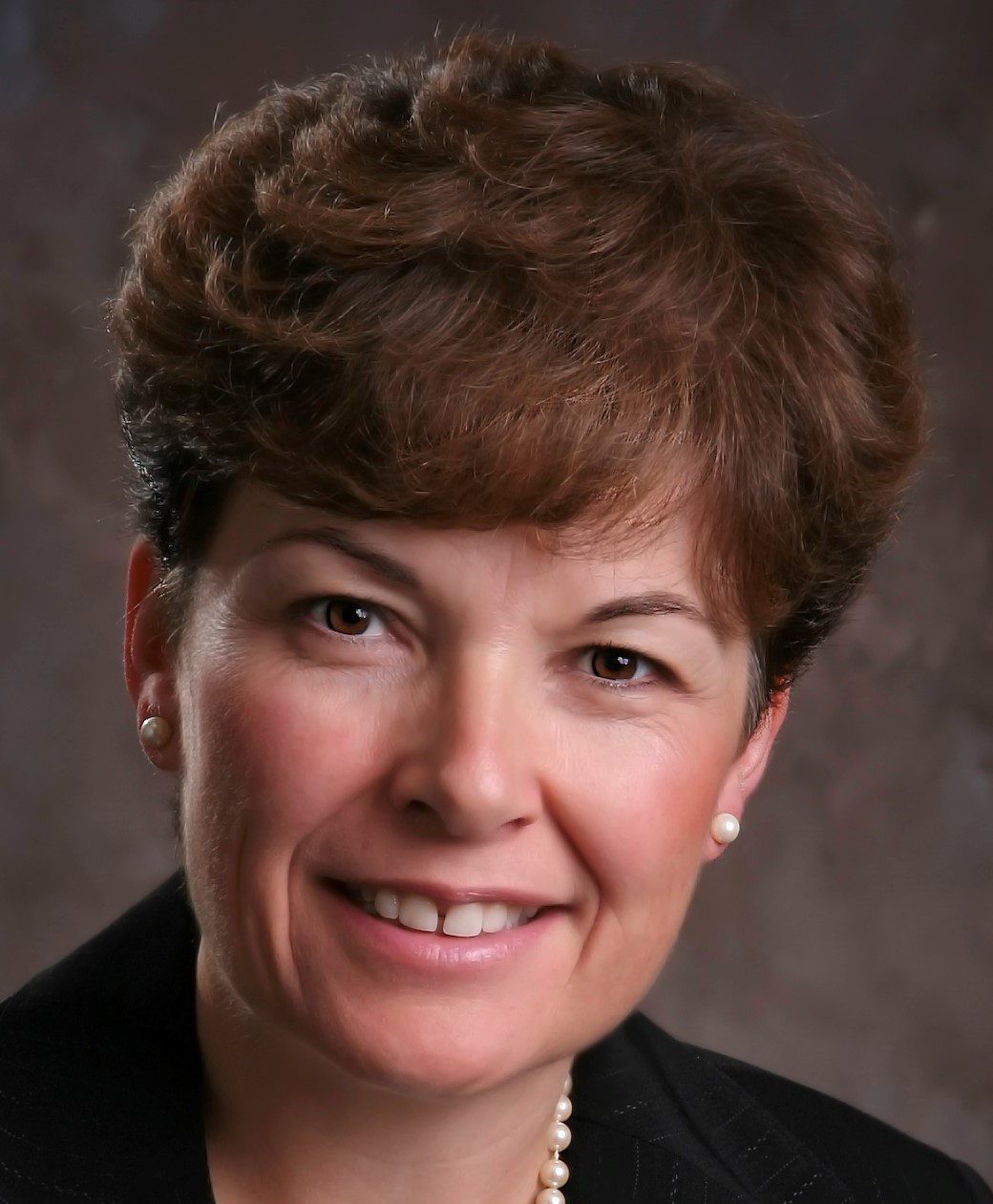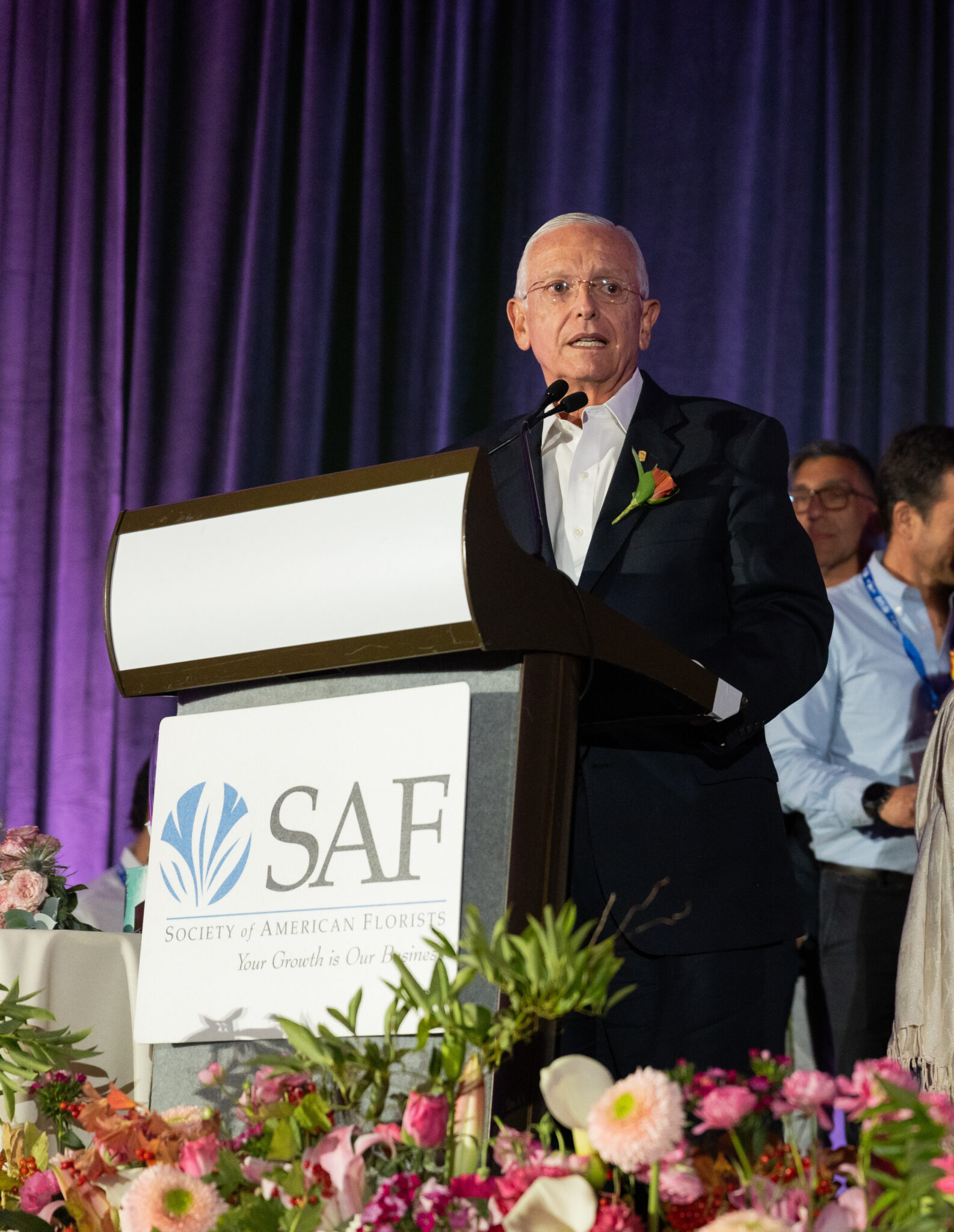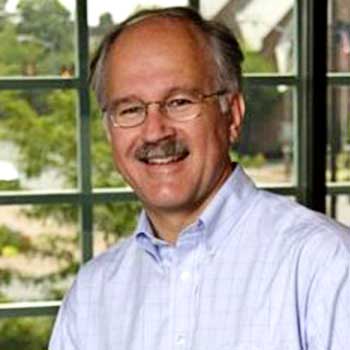
Lin Schmale, SAF’s senior director of government relations, is retiring after more than two decades on the job.
A woman known for her tenacity, intelligence, fearlessness and deep, deep love of the floral industry will soon take on a new role — retiree.
Lin Schmale, the Society of American Florists’ senior director of government relations, retired Jan. 31, 2016, after dedicating more than two decades to the association and the industry.
“Lin has been a tireless advocate for the floral industry, bringing together diverse people, groups and agencies, and standing her ground on issues that directly affect the livelihood of growers, wholesalers, retailers and suppliers,” said former SAF Chairman Bob Williams, AAF, PFCI, vice president of North American Operations at Smithers-Oasis, when presenting Schmale with the John H. Walker Award last fall at SAF Amelia Island. The award recognizes the importance and value of floral industry association professionals in moving forward the mission of an association.
Known for her sharp intellect and her ability to grasp and then distill complex issues, Schmale has played a lead role in two critically important areas, according to SAF’s COO Drew Gruenburg. “First, through her efforts, federal funds are now available to conduct important research on floral and nursery crops, and second, she has dedicated countless hours to ensure safe and efficient transportation of flowers and plants within the United States and across international borders,” Gruenburg said.

An experienced and skilled lobbyist, Schmale has a reputation for distilling complex issues into key points — a skill Congressional Action Days attendees benefited from during Schmale’s many issues briefings over the years
When Schmale started working at SAF, the Floral and Nursery Research Initiative (FNRI) had been created and was poised to be a source of needed funding for research across the country. While the structure was in place, and there was support in Congress and the USDA, the Initiative was “limping along, still unsure of itself,” Gruenburg said.
Putting her knowledge of the federal and political bureaucracy to work, and calling on a vast network of colleagues and peers on the Hill, Schmale soon helped take the Initiative to the next level. What was initially a glimmer in the eyes of the industry soon became a $200,000 a year program, and not too soon after that became a $6.25 million dollar annual USDA research program that today funds a wide variety of research benefitting the floral and nursery industries.
Schmale’s special knack for bringing together federal officials, members of Congress, growers and members of the academic community made the research initiative into the successful program it has become. In fact, the U.S. Department of Agriculture calls the Initiative a model program for private and public sector collaboration.

Schmale and Shawn McBurney, also an SAF senior director of government relations who’s still with SAF, worked together to advocate for the floral industry on Capitol Hill year-round.
“Lin eats, sleeps and breathes the floral industry,” said Lance Osborne, Ph.D., professor of entomology at the University of Florida. “She knows her issues backwards and forwards. Often, she’s better informed about the science of a given issue than the Ph.D.s in the room.”
Schmale’s ability to work collaboratively to solve industry problems has been a hallmark of her tenure at SAF, Gruenburg said. And as Williams noted, “With so many of the issues she works on, collaboration is critical. Collaboration between growers, federal and state regulators, members of Congress and state legislators, state departments of agriculture, colleagues in other commodity groups and academics. She was always on the lookout for who she could work together with to solve problems.”
Gruenburg agreed. “On nearly every issue Lin worked on, collaboration was important,” he explained. “And she knew key individuals within agencies who could be the most helpful.”
As the international movement of floral products has increased, Schmale’s role in addressing pest and disease issues has taken on more importance.
Starting in 2002 when the pathogen Ralstonia first threatened to disrupt the country’s supply of geraniums, Schmale made

Schmale, with Dr. Marvin Miller, AAF, of Ball Horticultural Company in West Chicago, Ill., during Congressional Action Days, an event Schmale helped turn into an annual event for many floral industry members.
sure the industry maintained a respectful yet loud voice in often difficult negotiations between the USDA, the Department of Homeland Security and other agricultural groups. Leveraging her deep connections in Washington, she brought interested parties together to craft a realistic and workable solution that protected the geranium industry first and foremost, but also addressed the needs of other agricultural groups and the federal government.
Without Schmale’s leadership, “the geranium industry could easily have been destroyed, with costs driven up and the supply chain totally disrupted,” said Clay Sieck of Sieck Wholesale Florist Group, headquartered in Baltimore.
Over the years, Schmale has been a strong industry advocate and negotiator in many other similar situations. She has dealt with federal and state officials on a wide variety of other pest and disease issues that threatened to disrupt the flow of floral products. In working on these issues, Schmale is often recognized because of her ability to get people to focus on the science of an issue and not only the politics.
“About 10 years ago, someone claimed poinsettias would become the Trojan Horse of a whitefly infestation,” Osborne said. “It had become a political issue, rather than a scientific one, and so Lin organized a bunch of

During her career, Schmale, pictured with George Mitchell, AAF, of Mitchell’s Flower Shop in Orland Park, Illinois, and a member of Congress.
industries — cotton, vegetable, ornamentals — that don’t usually talk to each other and got them to present a unified voice, backed by real science. She prevented a crisis and stood toe-to-toe with pretty powerful people in the process. We wouldn’t have even gotten to the table without Lin.”
Through all of her interactions with government officials, Gruenburg said, Schmale emphasizes candor and transparency. For that, people in both the industry and government place great trust in her word.
“Trust and candor were keys to Lin’s success,” Gruenburg said. “She was always upfront, direct and to the point yet also always friendly and caring. These are great traits to have in a lobbyist.”
“If you are fair and honest with her, she’ll be fair and honest with you,” Osborne said. “She has more integrity than anyone I know.”
While she is frequently cited as the most passionate and informed person in a meeting, she is also known for her wit and warmth. As a result, Schmale has countless close colleagues and friends in Washington, D.C., and across the nation. Her travels have given her a more complete understanding of the people and issues she represents, and she uses those insights when she’s on Capitol Hill or in a federal agency.
Within SAF she has dedicated herself to SAF’s annual Congressional Action Days event, helping to inform and educate SAF members on the key issues of the day. And she has also had a major role in developing the annual Pest and Production Management Conference, a must-attend event for scientists, researchers and growers.
“Lin was also adamant about helping industry members,” Gruenburg said. “She didn’t become a lobbyist just to deal in policy. She knew the real-world implications of issues she worked on and did her best to ensure that the practical applications of policies and laws were acceptable and workable for SAF growers. “
Last year, Schmale was honored with the Executive Director’s Award from the North American Plant Protection Organization for her collaborative work with regulatory officials from the United States, Mexico and Canada.
“She’s quite simply one of one in this world,” Sieck said. “No one else can do what she does.”
